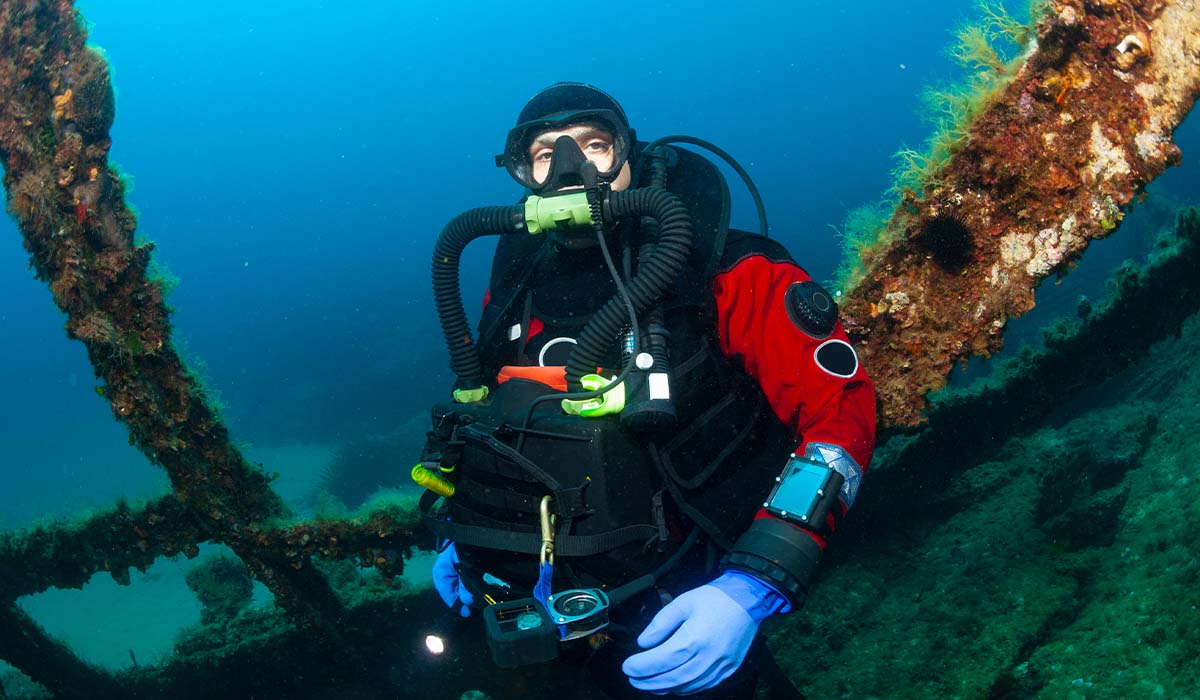Inflator Valve Stuck, Causing Rapid Ascent
This diver’s quick reactions prevented a more serious situation developing. Orally inflating a BCD is a basic skill taught in open water diver courses.
Diving Incident Reports Post Type
This diver’s quick reactions prevented a more serious situation developing. Orally inflating a BCD is a basic skill taught in open water diver courses.
An omitted cell check on a re-breather leads to a near miss after frequent solenoid firing warns the diver to bail out.

The key to avoiding a feet-high inversion in a dry suit is to have only enough air in the drysuit to prevent the suit squeezing the diver.
The diver was experienced but improperly prepared for the thermal stress of the dive. The equipment improvisation may or may not have contributed to the event.
Divers with disabilities need able-bodied buddies who are aware of their condition and trained to assist them. There are a number of agencies that provide such training.
A rebreather diver failed to test her rig after valve replacement. Her rig flooded, leaving her without buoyancy and breathing gas.
Depth changes proved problematic for this diver’s ears. This is indeed a real consideration when diving on a reef with a variable profile of depths. Frequently changing depths may be an issue with inert gas uptake as we are taught to avoid “saw-toothed” profiles.
If it doesn’t look right, it is probably not right. A regulator hose ruptures at 30 feet, causing the diver to make a free ascent.
Omitting the predive check could have cost this diver his life. The predive check will verify that there is enough breathing gas in the tank and that the regulator works fine.
Heavy seas create problems for a diabetic diver who nearly drowns after a ladder hits his head.